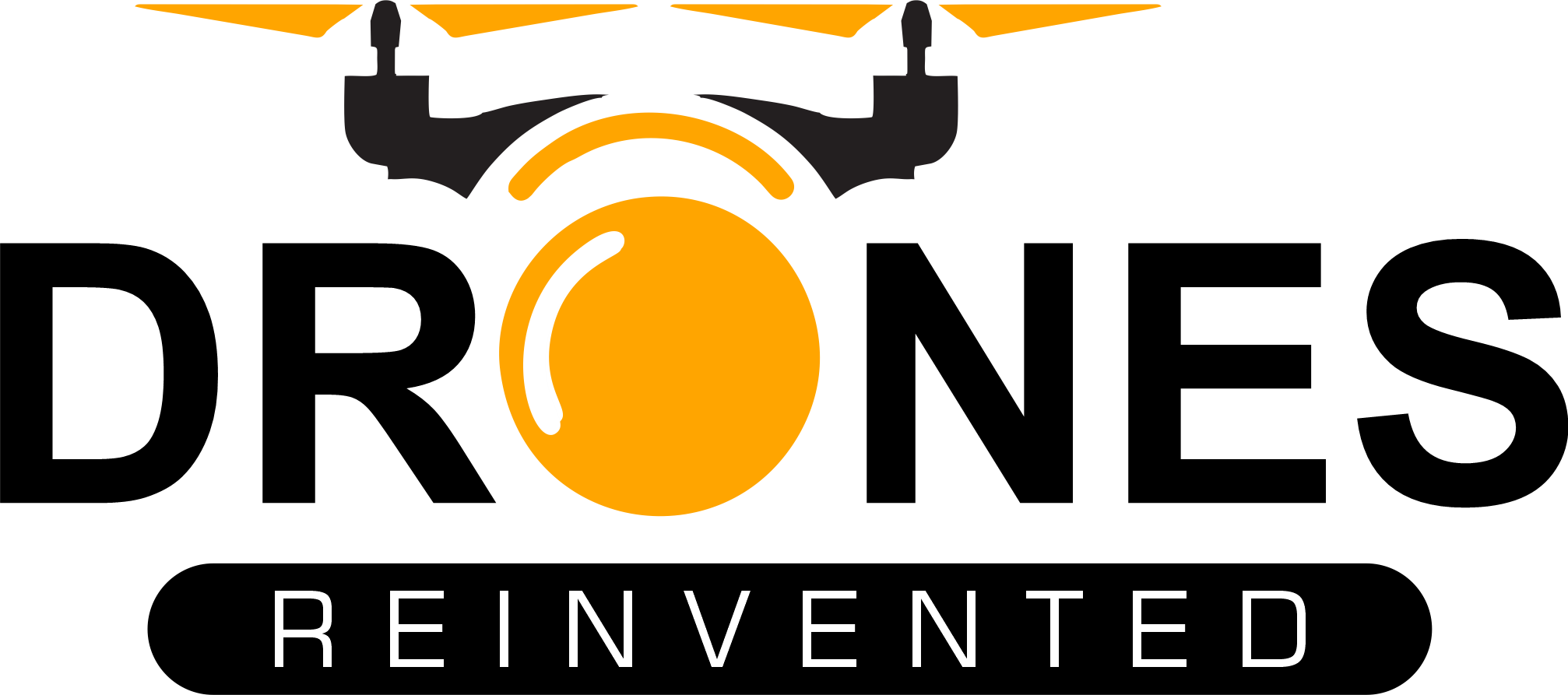Whitaker’s resignation leaves the FAA without a confirmed leader as the agency faces ongoing safety and infrastructure issues.
Federal Aviation Administration (FAA) Administrator Mike Whitaker has announced his resignation, effective January 20, 2025, coinciding with President Donald Trump’s inauguration day. Whitaker’s departure leaves the FAA, already grappling with significant challenges, without a confirmed leader at a critical time.
In a letter to FAA staff, Whitaker described his tenure as the “honor of a lifetime.” He praised the agency’s workforce, stating, “The United States is the safest and most complex airspace in the world, and that is because of your commitment to the safety of the flying public.”
Challenges Under Whitaker’s Leadership
Whitaker took office in October 2023 during a turbulent period for the FAA. The agency faced multiple safety incidents, including near-collisions and an aging air traffic control system, compounded by a severe workforce shortage. These issues strained the aviation system as demand for flights surged post-pandemic.
During his tenure, Whitaker worked to stabilize aviation safety, overseeing efforts that curbed the alarming rate of near-collisions. However, persistent problems remained, including air traffic controller fatigue and outdated infrastructure.
A key focus of Whitaker’s leadership was the FAA’s oversight of Boeing, following quality control concerns. The scrutiny intensified after a midair incident involving a Boeing 737 MAX, which prompted ongoing investigations and congressional review.
Bipartisan Support for Whitaker
Lawmakers from both parties expressed regret over Whitaker’s resignation. Sen. Tammy Duckworth (D-Ill.), chair of the Senate Aviation Subcommittee, commended his work, stating, “He’s really working hard to keep the public safe, including important oversight of Boeing, and I’ve heard a lot of bipartisan appreciation for his efforts.”
Rep. Rick Larsen (D-Wash.), ranking member of the House Transportation and Infrastructure Committee, called the news “unfortunate” and praised Whitaker’s accomplishments. “The pieces are in place for Boeing to be productive long-term, not just building airplanes but building safe airplanes,” Larsen said.
In a statement, Larsen added, “I thank FAA Administrator Whitaker for his leadership and commitment to the safety of the flying public. The next Administrator has big shoes to fill and an important duty to implement the overwhelmingly bipartisan FAA Reauthorization Act of 2024.”
Looking Ahead
Whitaker’s resignation has raised questions about the FAA’s leadership during a pivotal time. The next administrator will inherit a host of challenges, including implementing the FAA Reauthorization Act of 2024, modernizing infrastructure, and ensuring continued oversight of the aviation sector.
Sen. Ted Cruz (R-Texas), who is expected to chair the Senate Commerce Committee, emphasized the importance of strong leadership. “The next administrator needs to be ready day one to continue the job of restoring the FAA’s safety culture and providing real oversight of the aviation sector,” Cruz said.
As the transition unfolds, stakeholders will closely watch President Trump’s selection for the FAA’s next leader. One potential candidate is Dan Elwell, a former acting FAA administrator and aviation executive who has advised Trump’s team on aviation matters.
Whitaker’s brief yet impactful tenure highlights the FAA’s critical role in ensuring the safety and efficiency of U.S. airspace. His successor will face the task of addressing ongoing challenges while building on the foundation he established.
Want DRONELIFE news delivered to your inbox every weekday? Sign up here.
Read more:

0 Comments